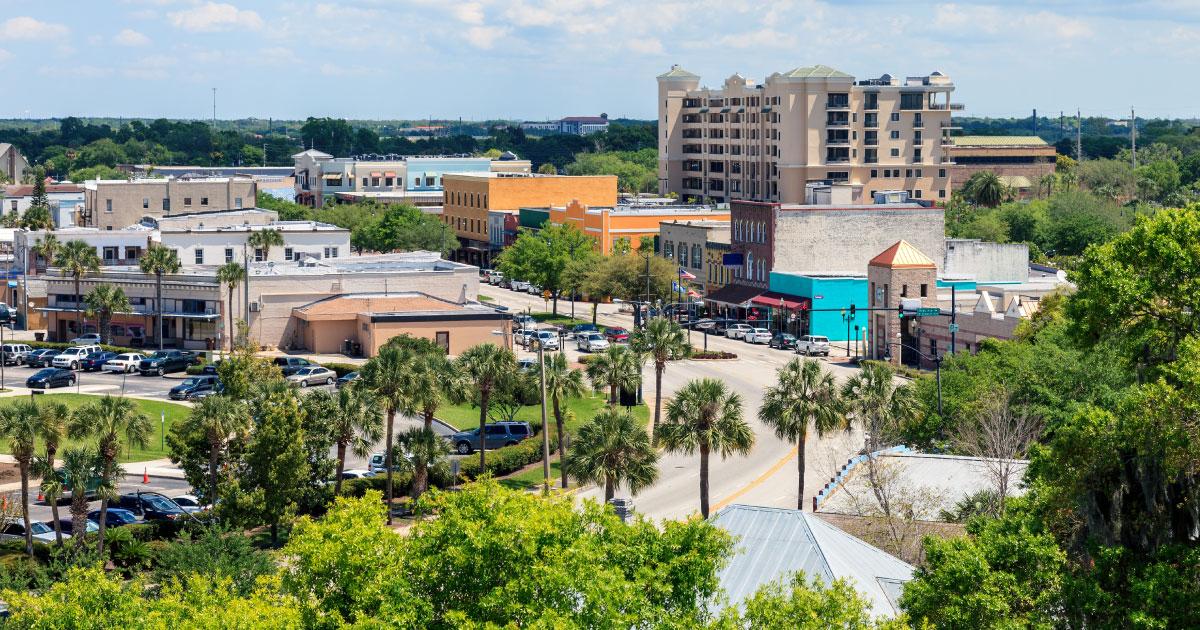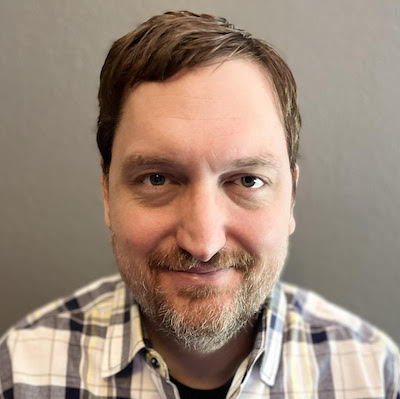What makes a destination a good fit for playing host to medical and healthcare meetings? Access to and collaboration with prestigious research facilities/experts, a continual focus on innovation and a little bit of local history don’t hurt.
Here’s a look at some meeting destinations that know how to capitalize on this market.
Philadelphia
Meetings in Philadelphia date to the dawn of the U.S., with the First Continental Congress in 1774 and the adoption of the U.S. Declaration of Independence at the Second Continental Congress in 1776.
Bonnie Grant (MPI Philadelphia Area Chapter), executive director of PHL Life Sciences, A Division of the Philadelphia CVB, says the city is also a world-class life sciences meeting destination and prides itself on being home to many related U.S. firsts: hospital, medical school, children’s hospital, private mental hospital, medical library, college of pharmacy and cancer hospital.
“We boast to planners that we are ranked in the top five regions as a life sciences hub, according to the most recent JLL Life Sciences Outlook report,” she says. “The resources that the city and its surrounding region offer are rich in medical, healthcare, biotechnology, pharmaceutical, higher education, research and venture capital entities that provide access to a deep pool of talent and partners for life sciences meetings and conventions. We pride ourselves on partnerships and leveraging of resources for the benefit of related meetings and conventions. We also manage a committee of nursing leaders—chief nursing officers, academic nursing deans, government and advocacy leaders—who assist with attracting and landing nursing conventions and making sure the planners, leadership and attendees have a successful and memorable meeting.”
In addition to a wide variety of institutions—ranging from the University of Pennsylvania’s Perelman School of Medicine to Temple University’s Lewis Katz School of Medicine to Jefferson Medical College at Jefferson University—Philadelphia is also home to progressive joint ventures such as the Health Care Innovation Collaborative and Pennovation Works.
“The collaborative, part of our CEO Council for Growth, is a catalyst for healthcare innovations with industry leaders working together to power exponential transformations in healthcare so people around the world can live healthier lives sooner and longer,” Grant says.
“Pennovation Works is a unique blend of offices, labs and production space developed by the University of Pennsylvania to bridge the intellectual and entrepreneurial initiatives for advancing knowledge and generating economic development.”
She says half of the convention business in the Pennsylvania Convention Center and center city hotels is related to life sciences, and 2019 will be a big year for life sciences-related citywide conventions, including Bio 2019, the American Heart Association’s Scientific Sessions and Pittcon. And now that the city has a US$6 million fund to back local health IT startups, its future as a medical meetings powerhouse looks bright.
Dresden, Germany

A key component of Dresden’s rich medical and healthcare meeting history dates to 1911 and the International Hygiene Exhibition, a world’s fair focused on medicine and public health that attracted more than five million visitors to the city with state-of-the-art technologies and lifelike displays. The following year, the Deutsches Hygiene-Museum debuted.
Susan Maiwald, manager congress and location marketing for the Dresden Convention Bureau, says the city’s innovative history connected to the medical and healthcare industries also includes being home to GlaxoSmithKline Biologicals—a market leader producing more than 30 different vaccines—and Apogepha, a pharmaceutical company specializing in the field of urology that dates to 1882.
“Dresden is one of Europe’s leading research centers. The city tops the rankings of large German cities regarding both the scientific workforce and the number of research institutes,” she says. “All the major non-university research organizations can be found here, as can universities and other higher education institutes, plus research facilities operated in cooperation with industry.”
Maiwald cites the excellent international reputation of the scientific community pertaining to medical engineering, biotechnology and life sciences—in particular cancer, diabetology and neurodegenerative diseases such as Parkinson’s disease.
“Dresden is also a fantastic technology hub in microelectronics and nanotechnology/new-generation materials, has tremendous non-university research and efficient and cooperative partnerships and interdisciplinary networking,” she says, noting that the city plays host to more than 15,000 per year. “The city has a vital start-up and entrepreneurship scene, supported by associations like biosaxony e.V. or start-up incubators like the BioInnovationsZentrum Dresden.
Maiwald says the Dresden Convention Bureau has strong relationships with PR and marketing departments in research institutes and universities and disseminates its know-how in science and research through marketing and publications efforts.
“No other science hub has the natural interplay between different disciplines and institutes as pronounced as it is in Dresden,” she says. “Instead of pursuing mutual isolation, local scientists pool their resources and foster open communication between basic research and the applied sciences. In Dresden, visionary ideas actually find their way into the key international markets of today and tomorrow.”
Upcoming conferences in the city include the 59th Congress of the German Society for Pneumology and Respiratory Medicine, DGU-Kongress of the German Society for Urology and the 15th World Congress of The International Academy of Cosmetic Dermatology.
Kissimmee, Florida

Florida Hospital, established in 1908, was one of the first hospitals to install a CT scanner and the first Florida hospital to offer MRI, PET/CT and 4-D ultrasound technology, according to Michelle Moore, CMP (MPI Greater Orlando Area Chapter), director of sales for Experience Kissimmee, which is 25 minutes from Orlando International Airport and 10 minutes from Walt Disney World. The hospital more recently made historical advancements with robotic surgical simulators.
“The contributions of this medical facility continue to make notable strides in the medical field. It offers remarkable resources to medical and healthcare meetings, as well as medical trainings,” Moore says. “The Florida Hospital Nicholson Center has trained tens of thousands of surgeons in the most recent medical techniques and practices. With a Florida Hospital location in the heart of Kissimmee, medical and healthcare meetings have access to an extensive roster of remarkable keynote speakers and educators currently practicing in the medical field.”
Moore says some of the significant keynote speakers available for Kissimmee events include Dr. Vipul Patel, a leading surgeon in the field of robotic-assisted surgery; Dr. Roger Smith, chief technology officer for the Florida Hospital Nicholson Center for Surgical Advancement, where he leads a team of researchers in applying simulation, robotic and communication technologies to surgical education; Dr. Scott Magnuson, board certified in otolaryngology head and neck surgery, who specializes in treating patients with tumors or cancer of the head and neck; and Lilly Graziani, EP, senior manager of business development for the Florida Hospital Nicholson Center and a Certified Corporate Wellness Specialist.
Moore says that in order to market successfully to medical and healthcare meeting planners, Experience Kissimmee stays connected with the local medical facilities to stay up-to-date with the latest trends in medical practices and technologies.
“This provides helpful information when talking with medical and healthcare meeting planners in order to have an understanding of the goals and needs of each medical meeting group,” she says, noting that the destination also benefits from easy access to world-famous theme parks and attractions, as well as 1 million square feet of meeting space and options across 50,000 guest rooms.
The Florida Hospital Nicholson Center will be playing host to the MPI Healthcare Meeting Compliance Certificate program May 15-17, 2018.
SIDEBAR
The MPI Healthcare Meeting Compliance Certificate (HMCC) program provides healthcare meeting compliance stakeholders with the knowledge and experience they need to successfully navigate the increasingly complex pharmaceutical, biotech and medical device regulatory environment. A broad range of healthcare topics including cross-border healthcare compliance, industry trends, global regulations and compliance, codes, laws and mandates are covered. Learn more at www.mpiweb.org/education.



